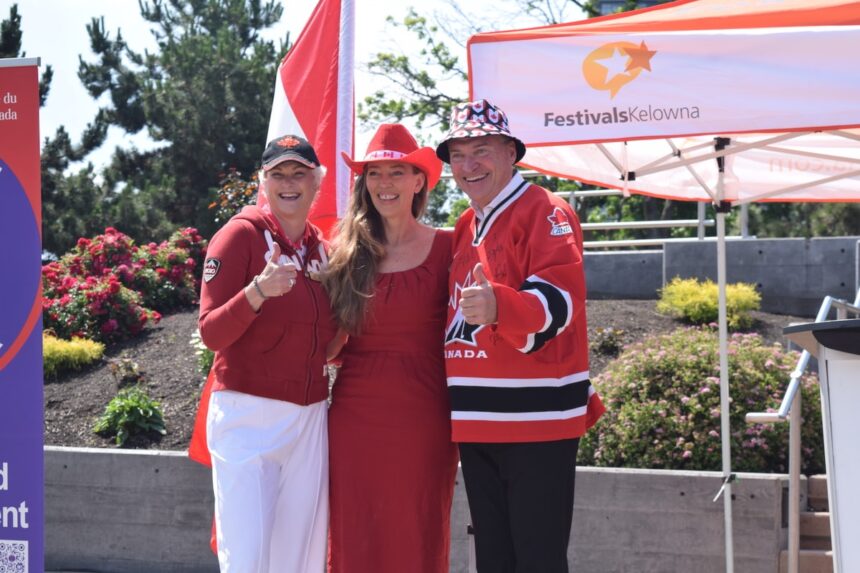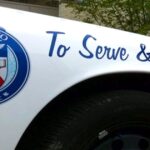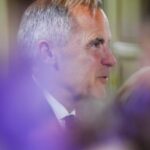As the morning light paints the Okanagan Valley in warm gold hues, Kelowna’s waterfront parks are already buzzing with activity. Volunteers hang red and white banners while sound technicians test microphones against the gentle lapping of Okanagan Lake. Canada Day preparations here feel different this year – more intentional, more inclusive.
“We’ve reimagined what it means to celebrate Canada together,” explains Renata Mills, chair of Kelowna’s Canada Day Festival committee. “This year’s events reflect who we are as a community in 2024 – diverse, respectful of our past, and excited about our shared future.”
Mills isn’t alone in this sentiment. Communities across British Columbia are approaching July 1st with renewed purpose, balancing traditional patriotic celebrations with acknowledgment of Canada’s complex history and multicultural identity.
Kelowna’s 2024 festivities will spread across multiple waterfront locations, including Waterfront Park, Kerry Park, and Stuart Park, creating what organizers call a “celebration corridor” along the downtown shoreline. The day kicks off with a traditional Syilx welcome ceremony at 10 a.m., followed by a culturally diverse program that runs until the fireworks finale at 10:30 p.m.
Having covered Canada Day events for nearly a decade, I’ve witnessed a gradual transformation in how communities approach this national holiday. Where once these celebrations centered almost exclusively on maple leaf flags and “O Canada” singalongs, today’s events increasingly embrace Canada’s multicultural reality.
“People want authentic connection,” notes Dr. Sarah Matheson, cultural anthropologist at UBC Okanagan. “Modern Canada Day celebrations succeed when they create space for multiple expressions of what being Canadian means in 2024.”
This year’s Kelowna schedule reflects this evolution. The main stage will feature performances ranging from traditional Indigenous dancers to Ukrainian folk ensembles, Filipino cultural demonstrations, and Punjabi bhangra groups – all interspersed with contemporary Canadian musicians and family-friendly activities.
Food vendors will offer a similar cultural mosaic, with everything from bannock to baklava available alongside the obligatory maple-themed treats. The festival’s “Tastes of Canada” food zone will showcase culinary traditions from more than 15 cultural communities now calling Kelowna home.
For families with young children, Stuart Park transforms into a dedicated “Family Zone” with activities designed for various age groups. Park coordinator Jamie Harrison promises “hands-on activities that go beyond face painting,” including cultural craft stations, storytelling circles, and interactive performances scheduled throughout the day.
“Kids don’t just want to be entertained – they want to participate,” Harrison explains. “Our activities give families chances to create memories together while learning something new about Canada’s diverse heritage.”
Tourism Kelowna reports that hotel bookings for the Canada Day long weekend are trending 12% higher than last year, suggesting the expanded celebrations are attracting visitors from across British Columbia and beyond.
“The economic impact extends well beyond the festival grounds,” notes Lisanne Ballantyne, CEO of Tourism Kelowna. “When visitors come for Canada Day, they typically stay to experience our wineries, beaches, and outdoor recreation opportunities.”
Budget constraints remain a challenge for event organizers. The city has allocated approximately $125,000 toward the celebrations, with additional support coming from federal grants and corporate sponsorships. Volunteer coordinator Teresa Wong notes that more than 200 community members have stepped forward to help make the day possible.
“We couldn’t do this without our volunteers,” Wong says. “They represent every age group and background imaginable – exactly what makes our community special.”
While fireworks remain the traditional finale to Canada Day, environmental considerations have prompted changes to this year’s pyrotechnic display. The show will be shorter than in previous years – approximately 15 minutes – but will incorporate new eco-friendly technologies that reduce smoke and debris.
“We’re balancing tradition with responsibility,” explains city councilor Loyal Wooldridge. “The spectacle will still be there, but we’re mindful of wildlife, air quality, and fire safety concerns.”
The festival has also addressed accessibility considerations more thoroughly than in previous years. Designated viewing areas for people with mobility challenges, ASL interpreters at main performances, and sensory-friendly quiet zones have been incorporated into the festival layout.
For those seeking a more reflective Canada Day experience, Kelowna’s Cultural District will host “Conversations on Canada” – facilitated dialogues about national identity, reconciliation, and community building. These sessions run throughout the afternoon at the Rotary Centre for the Arts.
“Not everyone wants to celebrate in the same way,” acknowledges Syilx Elder Margaret Manuel, who helped design these sessions. “These conversations create space for both celebration and contemplation – both are valid ways to mark this day.”
Weather forecasts predict temperatures in the high 20s with minimal chance of rain – ideal conditions for outdoor festivities. City officials remind attendees to bring sun protection, water bottles, and patience with downtown parking limitations. Free shuttle services will run from designated parking areas throughout the day.
As Canada approaches its 157th birthday, communities like Kelowna demonstrate how national celebrations can evolve while remaining meaningful. By weaving together traditional patriotic elements with authentic cultural expression and thoughtful acknowledgment of our complex history, Canada Day becomes less about a single narrative and more about the countless stories that make up our national identity.
“In the end, that’s what makes these celebrations worthwhile,” reflects Mills as she reviews final preparations. “We create a day where everyone can find something that resonates with their experience of being Canadian – whatever that means to them.”






